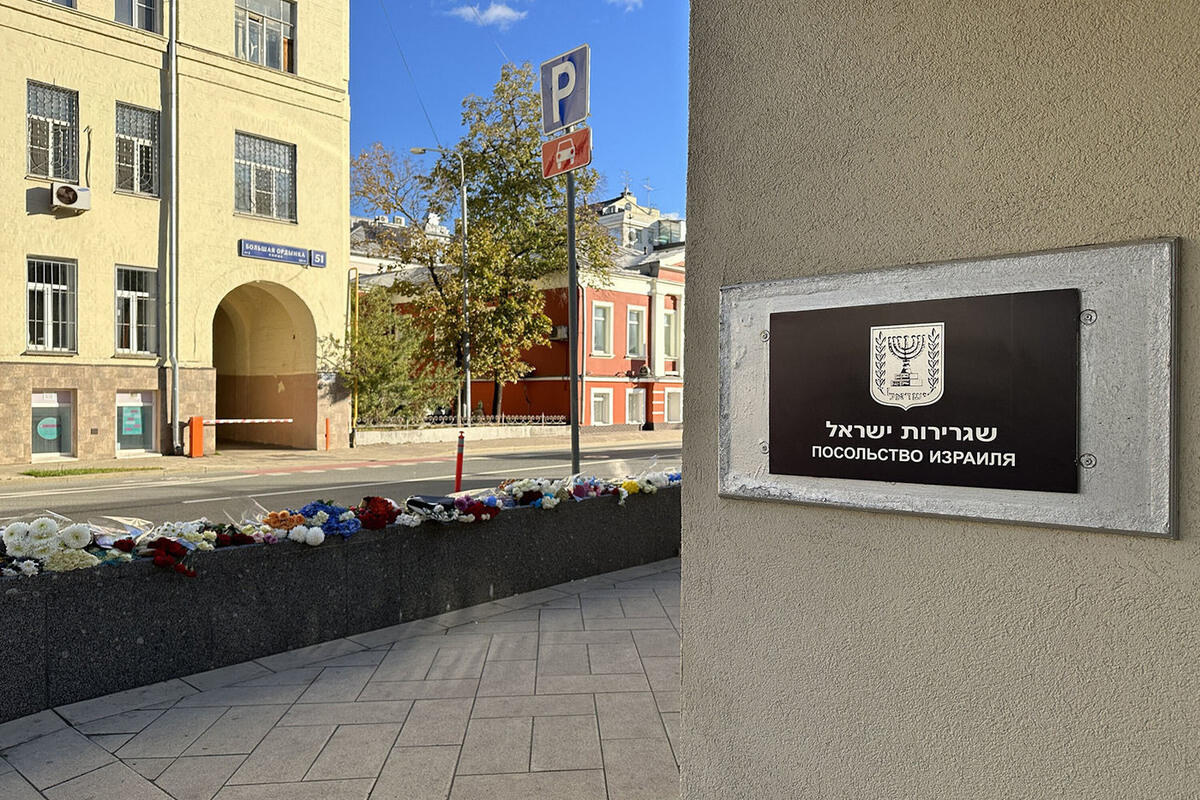The Russians were explained why repatriation to Israel was suspended: lack of hands
[ad_1]

“If it doesn’t burn, it’s better to be patient”
From today, October 24, until Friday, October 27, the reception of Russians at the repatriation department of the Israeli Embassy in the Russian Federation has been suspended. This is stated in the message of the diplomatic mission. The news is associated with the worsening situation in the Middle East and they promise that the ban will not last long, but Russians who have the right to repatriation are worried.
It often happens with us when something temporary turns into permanent. And due to the special operation that has begun in Israel against the Gaza Strip, our citizens with Jewish roots may eventually be completely blocked from reaching the Promised Land. And a military conflict is just an excuse. Many people are afraid of this.
Moreover, the Sokhnut agency, which deals with the issue of the return of Israelis to their historical homeland, has had legal problems in Russia since 2022. Everything that can be done partially remotely during the process of aliyah (repatriation) is done remotely.
Chief Rabbi of Russia Adolf Shaevich also confirmed that the repatriation process has been suspended, but this is not related to politics.
“Planes fly, you can get there in different ways. But the ambassador warned that it was not very safe. This is everyone’s personal choice,” Shaevich said.
The rabbi also added that this decision is also connected with the fact that many employees of local bureaucratic structures went to fight Hamas.
We called Israel to find out what was happening.
“This is all because of the war. We have a shortage of workers, shops are closed because half of the people are in the army, there are not enough doctors in the hospital, since they are also military personnel, and those who remain work in two shifts,” says Tatyana, a resident of Tel Aviv. – There is also no one to help the repatriates. Almost everyone who does this here previously served in special forces, and they were called up first.”
“We think it’s not so bad. This is a temporary phenomenon. Let those who were planning to leave calmly wait for the international situation to improve and then go, they told MK in one of the companies helping future Israelis return to their historical homeland. – But whoever really wants to go now can go now. The fact is that not all repatriation was suspended, but only at the expense of the State of Israel, which took on the costs itself. Those who want to return on their own can do so at their own expense, as a tourist, but it is clear that even if a person flies there today, there will simply be no one to take care of them. So if it doesn’t burn, it’s better to be patient. The Israeli authorities say that the special operation will last about three months, all this time can be usefully spent in Moscow, learning Hebrew, for example.”
[ad_2]
Source link








